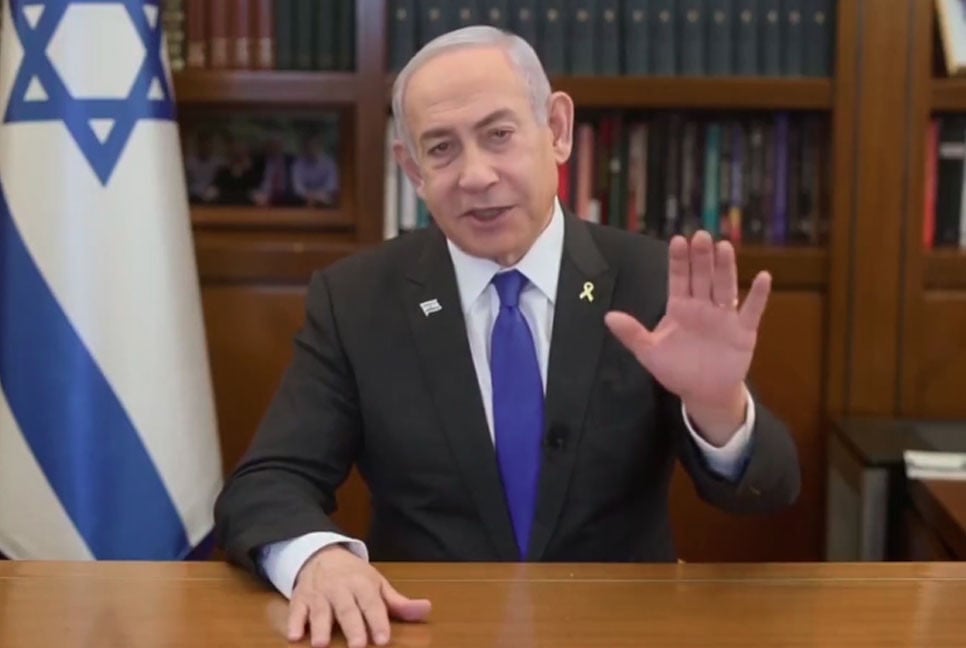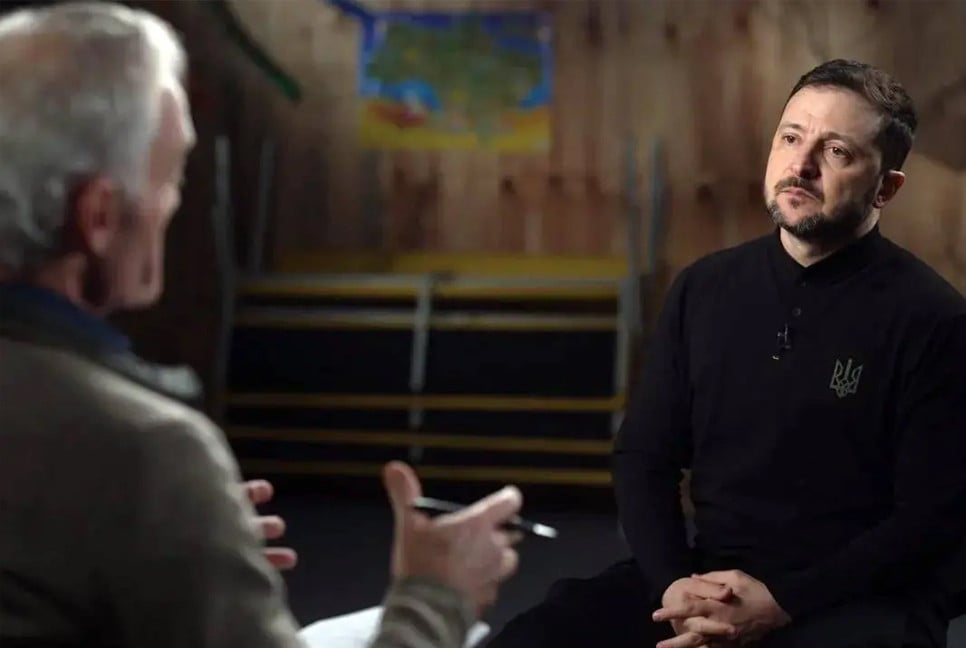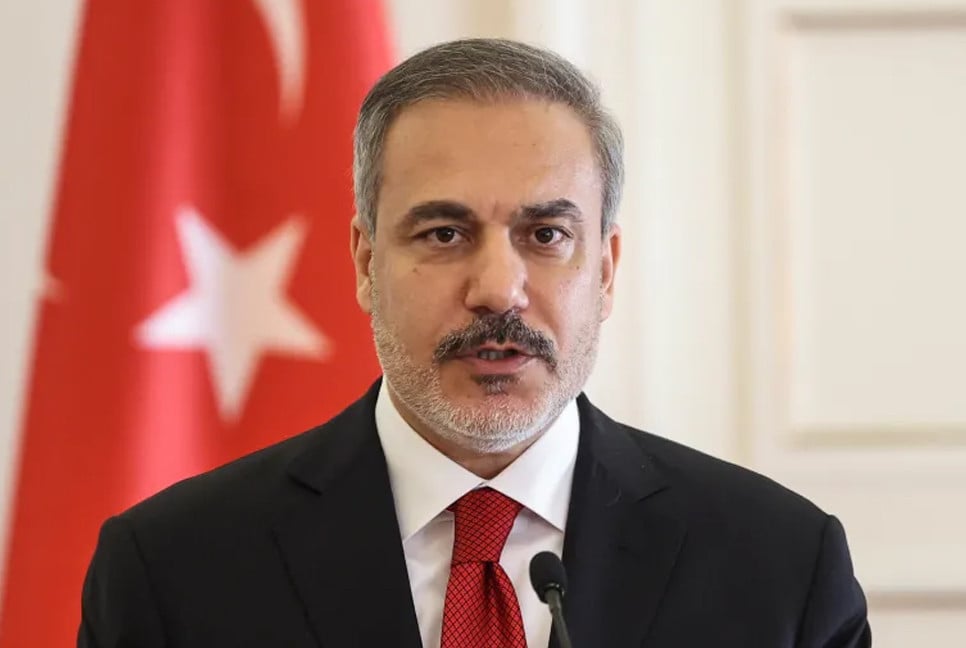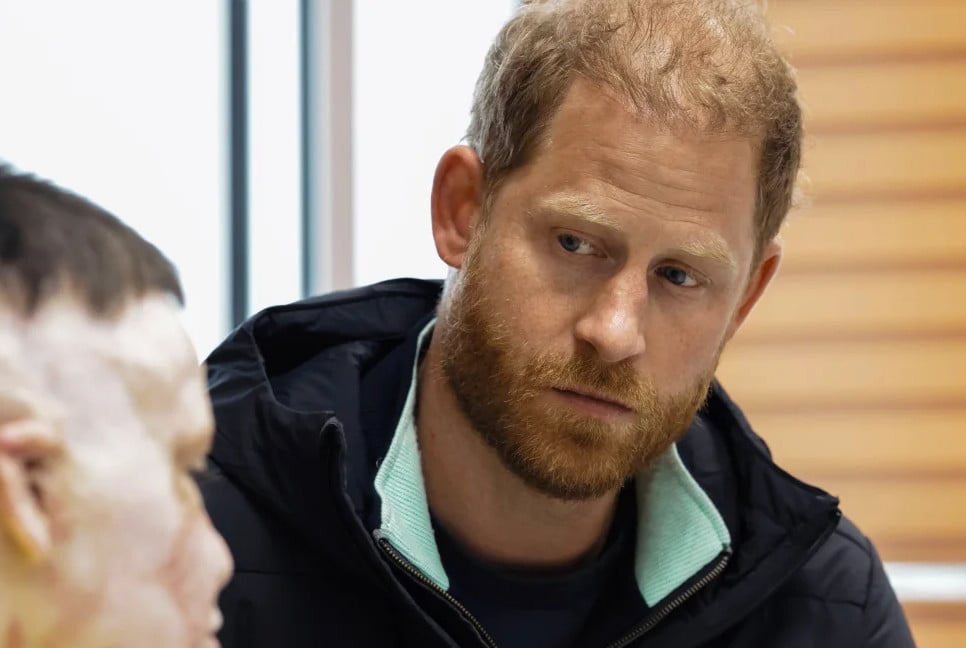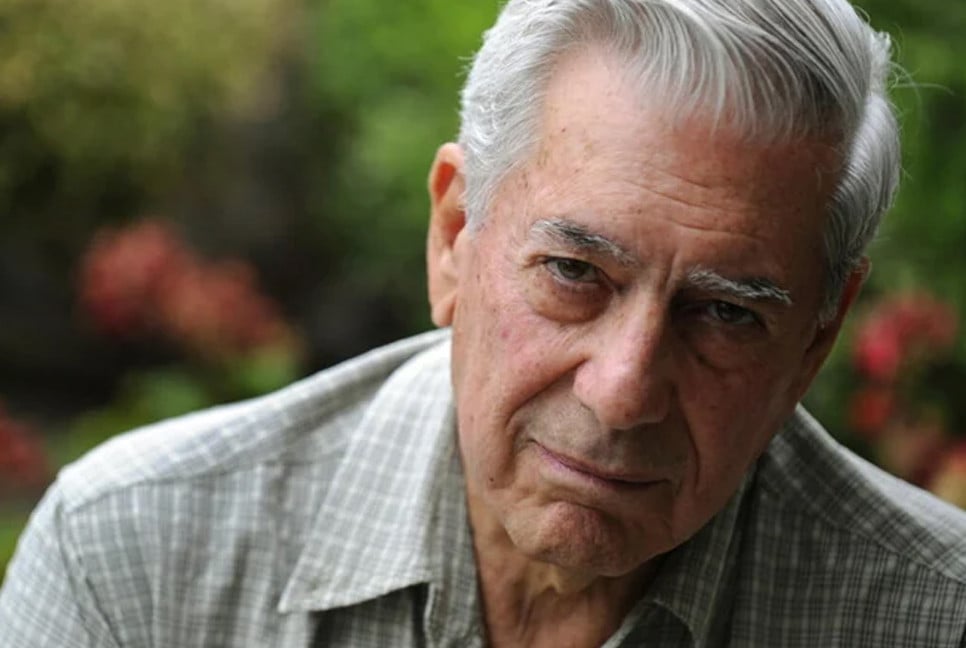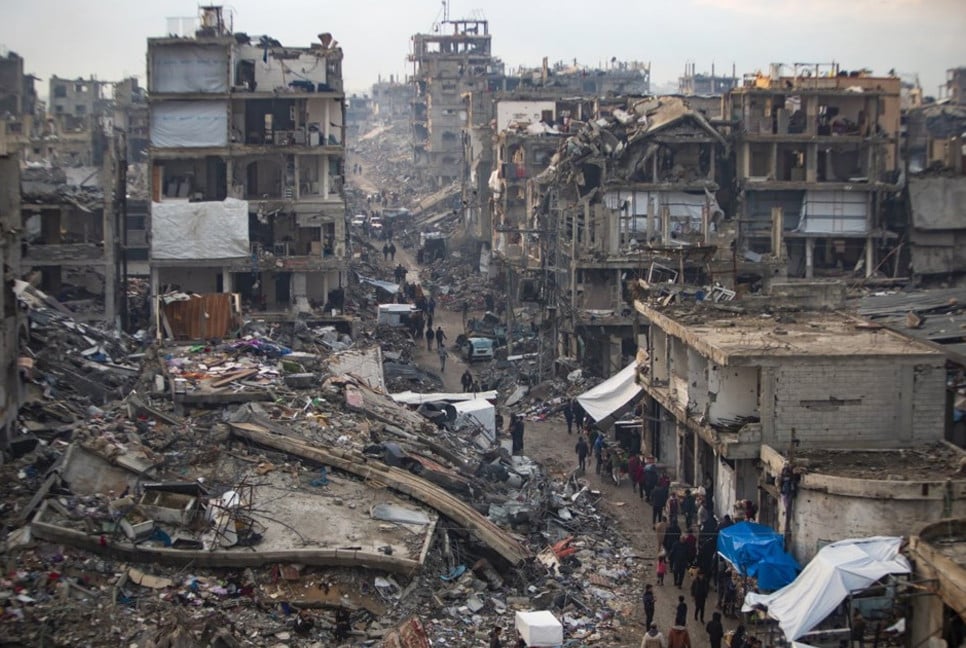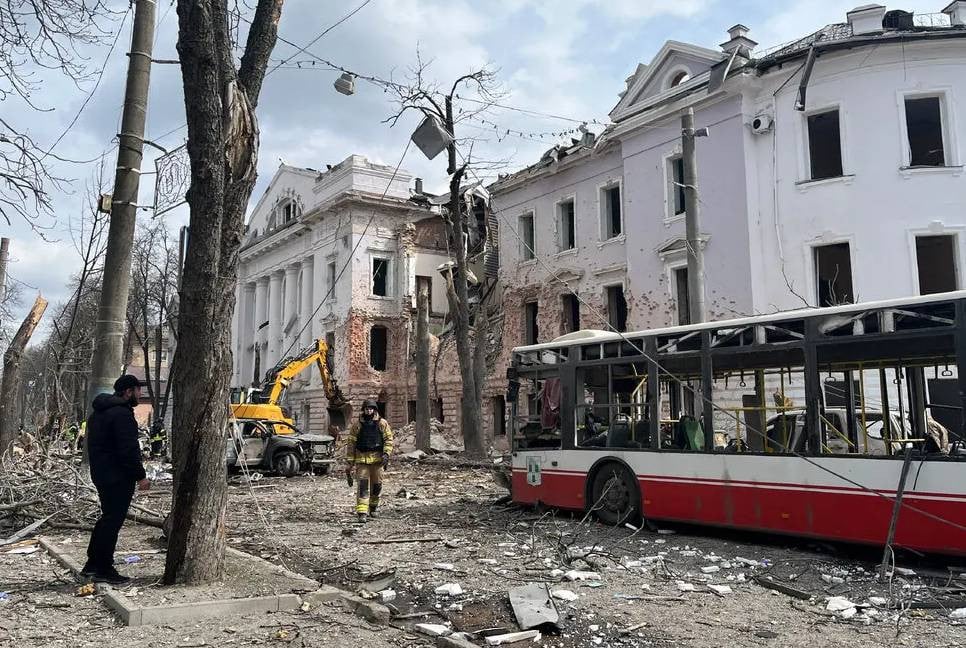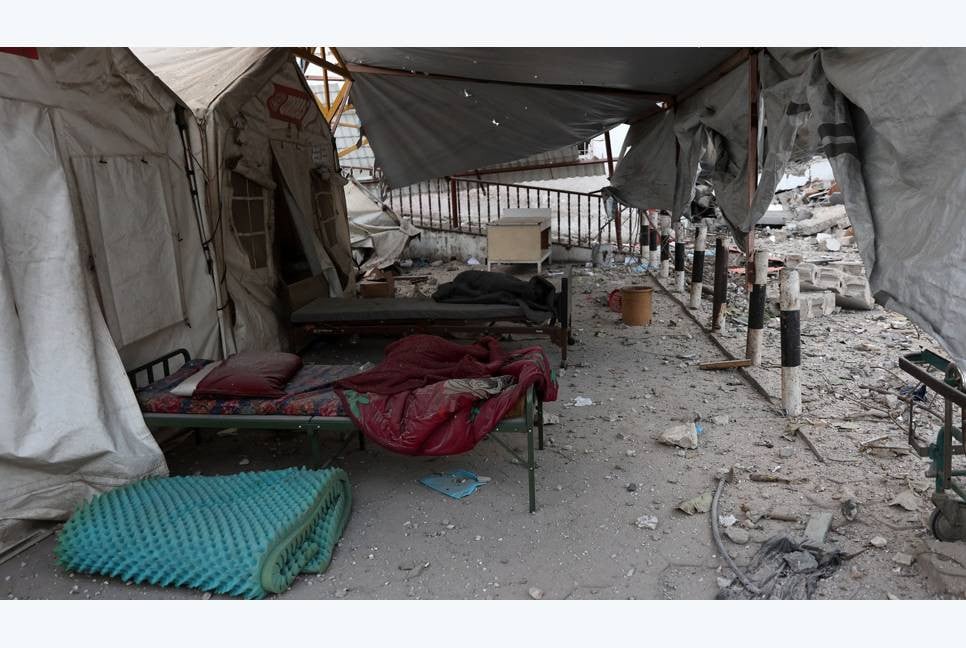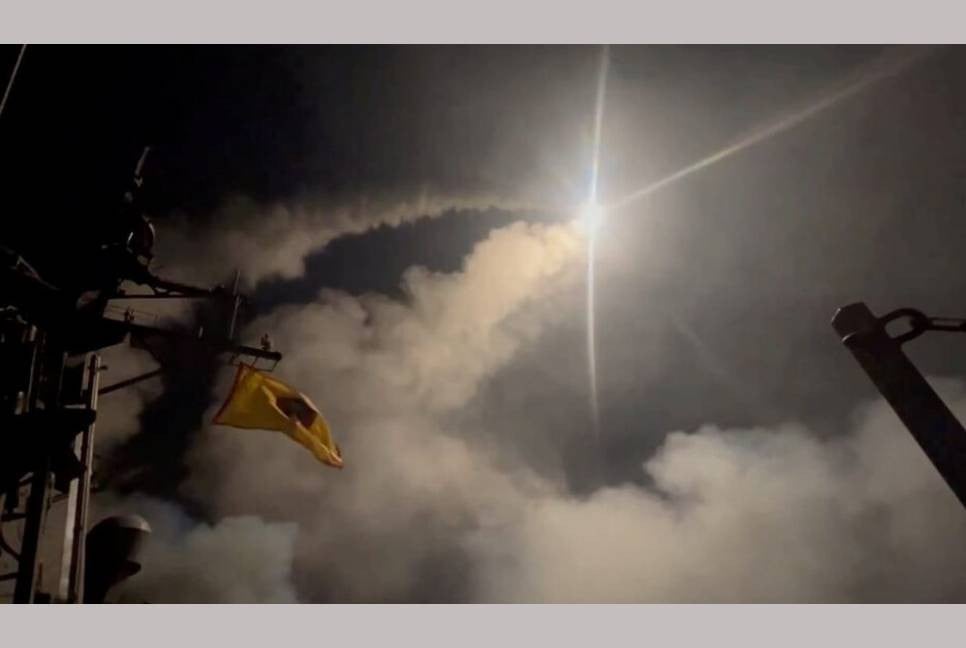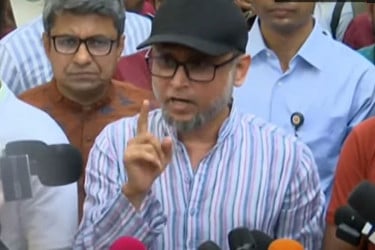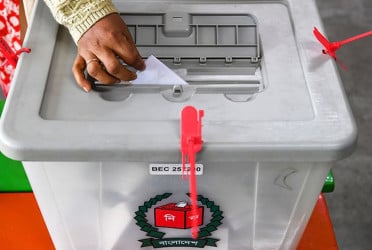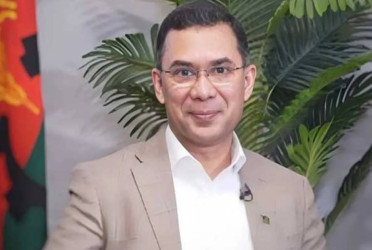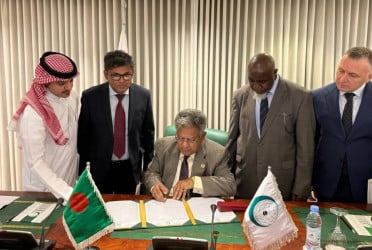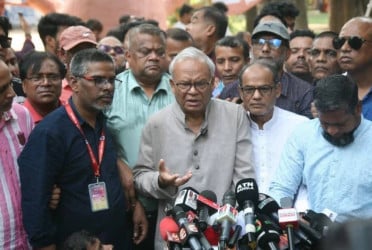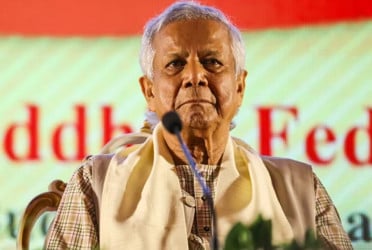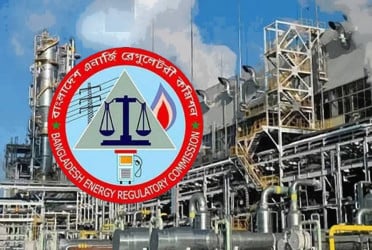Israeli Prime Minister Benjamin Netanyahu confirmed on Friday that a deal to release hostages held in Gaza had been reached, despite earlier delays and last-minute snags in finalizing a ceasefire that would pause the ongoing 15-month conflict. Netanyahu said the deal, which would see the return of dozens of hostages in exchange for Palestinian prisoners, was set to receive final approval after convening Israel's security cabinet, reports AP.
The agreement would bring a temporary halt to the fighting, offering a chance for displaced Palestinians to return to their homes in Gaza and enabling a phased release of hostages. Netanyahu also announced that he had ordered a special task force to prepare for the return of the hostages, with their families being informed that the deal was finalized.
Despite the apparent breakthrough, tensions within Netanyahu's coalition government caused delays. The Israeli government had initially delayed its vote on the ceasefire, citing a last-minute dispute with Hamas over specific terms. Netanyahu's office had accused Hamas of reneging on parts of the agreement, particularly regarding the deployment of Israeli forces along the Philadelphi corridor, a narrow border area with Egypt. However, Hamas denied these claims. Senior Hamas official Izzat al-Rishq reaffirmed the group’s commitment to the ceasefire, saying, "Hamas is committed to the ceasefire agreement, which was announced by the mediators."
The ceasefire agreement has faced strong opposition from Netanyahu’s far-right coalition members, notably National Security Minister Itamar Ben-Gvir, who threatened to resign if Israel approved the deal. "The ceasefire is reckless and would destroy all of Israel's achievements," Ben-Gvir stated, although there was no immediate comment from him following Netanyahu’s announcement on Friday.
The U.S. and Egypt have been instrumental in mediating the ceasefire discussions. Egyptian Foreign Minister Badr Abdelatty urged both sides to implement the plan "without any delay" in an interview with The Associated Press. Egypt has long played a central role in facilitating dialogue between Israel and Hamas.
The deal aims to pause the fighting temporarily, with a longer-term resolution in mind for the war that began in October 2023 after Hamas launched a deadly cross-border attack into Israel, killing 1,200 people and taking 250 hostages. In response, Israel’s offensive has led to the deaths of over 46,000 Palestinians, with the majority of casualties being women and children.
However, Netanyahu faces significant domestic pressure to secure the release of Israeli hostages. While the hostages' families have urged the government to prioritize their loved ones' release, divisions within the Israeli political establishment are evident. The departure of Ben-Gvir’s party could undermine Netanyahu’s already slim majority in the Knesset.
Under the agreement, 33 of the remaining 100 hostages in Gaza will be released over the next six weeks, in exchange for hundreds of Palestinian prisoners held by Israel. Israel has committed to withdrawing troops from certain areas, facilitating the return of displaced Palestinians, and allowing the flow of humanitarian aid. However, the second phase of the hostage release, which involves more difficult negotiations, hinges on further agreements, including Hamas’ demands for a lasting ceasefire and full Israeli withdrawal.
The long-term future of Gaza remains uncertain. Israel has come under heavy international scrutiny for its handling of the conflict, with significant civilian casualties, while Hamas has suffered substantial losses, including the deaths of key leaders. As the ceasefire unfolds, questions about Gaza’s post-war governance and reconstruction efforts loom large.
Bd-pratidin English/ Jisan

